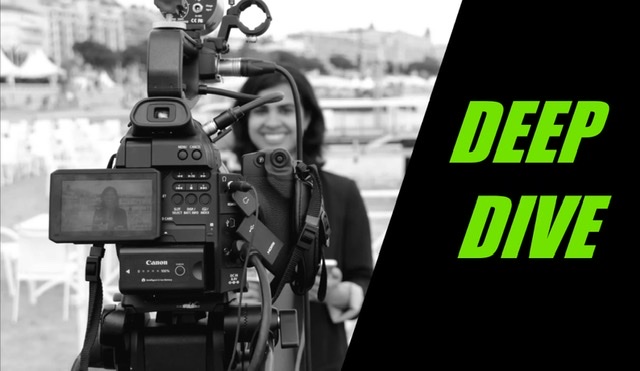| THE VIRTUAL COURTROOM
Like many professionals, lawyers and judges around the world were forced to switch gears when the Covid-19 crisis emerged. e.g. 90% of hearings in England and Wales used audio or video technology in April rather than relying on face-to-face communications.
I asked Rehna Azim, a family law barrister in England, about the impact of the coronavirus on her routine and career.
Q. What are the main ways in which the pandemic affected your job? Is it possible to be a fully virtual barrister?
 I haven’t travelled to court or conducted a case in a physical courtroom for months now. But I’ve been busier than ever with remote hearings in virtual courts. In the first couple of weeks, while the legal system was coming to terms with the concept of virtual justice, most of my hearings were done by telephone. Although this process was easy and I could be in my pyjamas (if I wished), it did feel odd to be representing clients I couldn’t see and responding to judges without being aware of their facial expressions – whether it’s seeing them raise their eyebrows at my submissions or the occasional nod of approval at a persuasive point. It was also incredibly tiring focusing for long periods on what was being said without any visual stimulation. Soon, however, the hearings shifted to video, via Skype, Microsoft Teams etc. This meant having to dress formally – though some colleagues admitted to looking legal only from the waist up! And it meant being able to see clients and colleagues as well as the judge and court staff, which made things seem ‘normal’, even if people did frequently freeze in the middle of a sentence with an unfortunate facial expression. Again, the level of concentration required was intense and staring at a screen for hours and hours proved to be exhausting. There also had to be a certain degree of dexterity in managing several devices as you spoke into one screen, looked at the case papers on another and took frantic email messages on yet a third.
Q. Given the highly sensitive and personal nature of family law, what steps did you and your colleagues take to ensure you could keep working with your clients?
The big issue was finding a platform that was totally confidential. Except for a handful of reported mishaps, how the court system has responded to this unprecedented way of dispensing injustice has been impressive.
However, it’s been challenging, at times, representing lay clients in our brave new virtual world. Many family law clients are vulnerable, they’re in crisis and dealing publicly with the most private of matters in their lives. At court, you can offer them comfort, take instructions in person and generally be a reassuring presence. This hasn’t been possible in remote hearings, other than through the impersonal means of email and telephone. As lockdown restrictions begin to loosen, more and more courts have started ‘hybrid’ hearings, which have allowed clients to attend court with their lawyers while the other parties attend remotely.
Q. What key lesson have you learned from this experience? Has your view on practising law changed?
I’d say that something has been confirmed for me rather than it coming out of the blue. I realised how much, as a barrister, I’m expected to push myself from very early in the morning until very late at night, day after day. But now I actually get a full day with both work and pleasure. By cutting out the commute and public transport mess, I’ve been able to pursue a regular regime of exercise, meditation practice and healthy eating, and still have time for hobbies. I’ve listened to music albums that I hadn’t been able to catch up on, read for pleasure and just genuinely experienced proper work-life balance.
For more information, you can check out Rehna’s lifestyle blog – http://www.itsalawyerslife.com |

